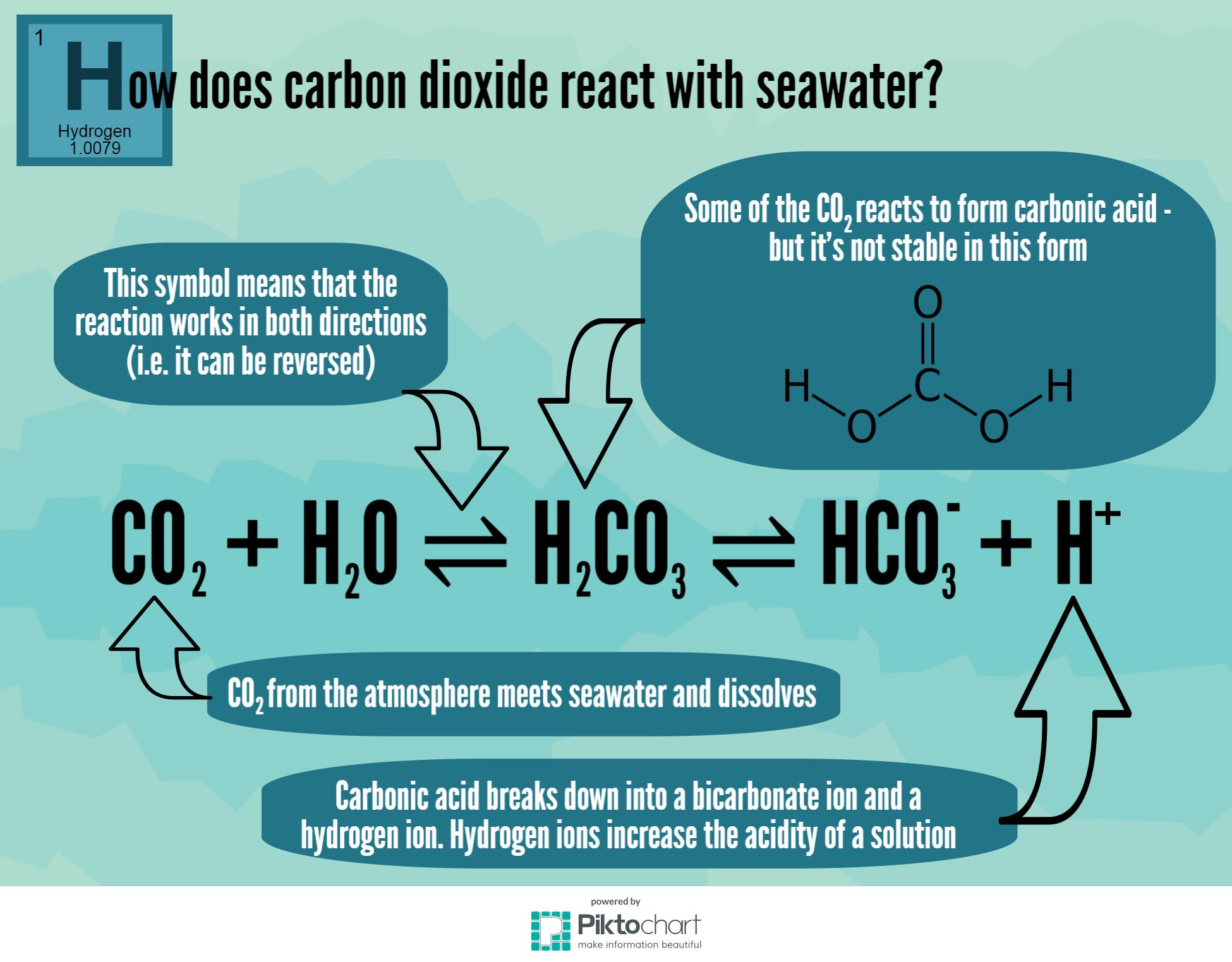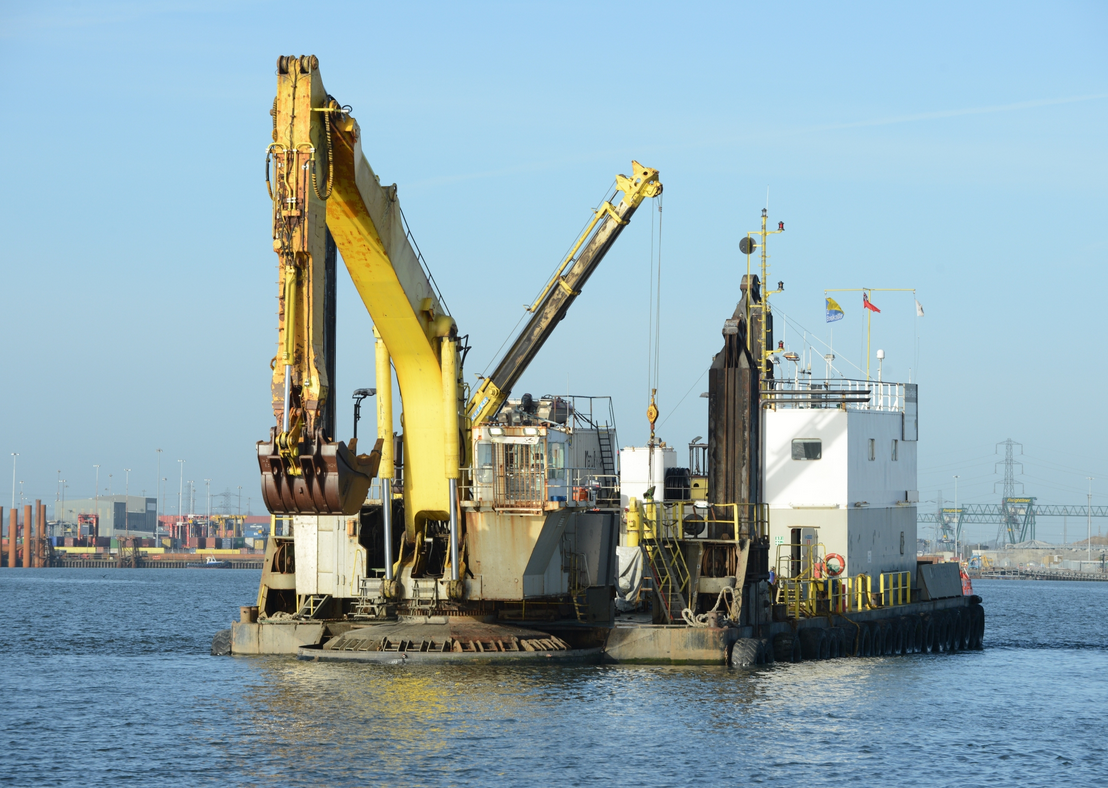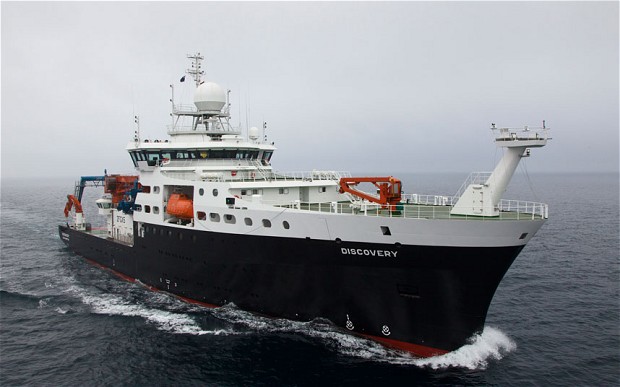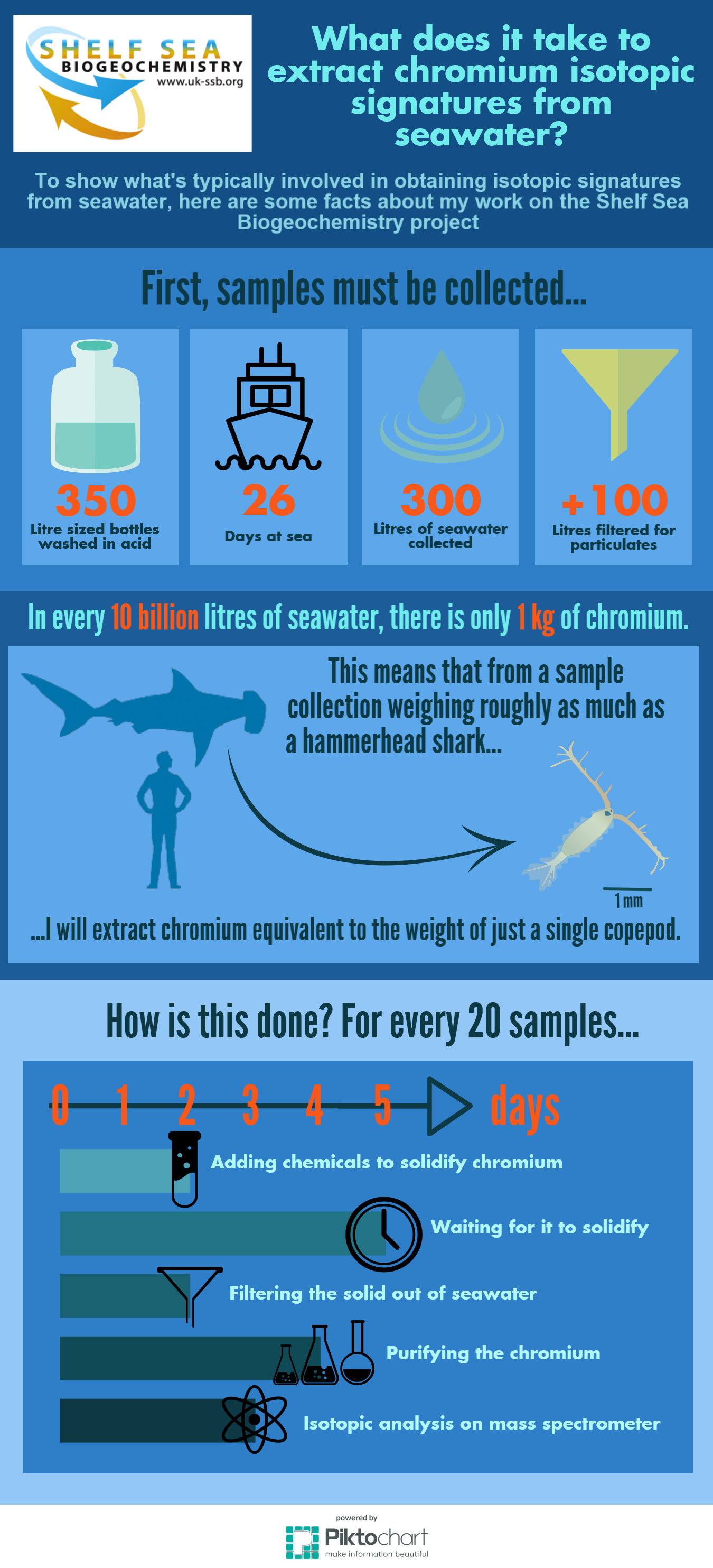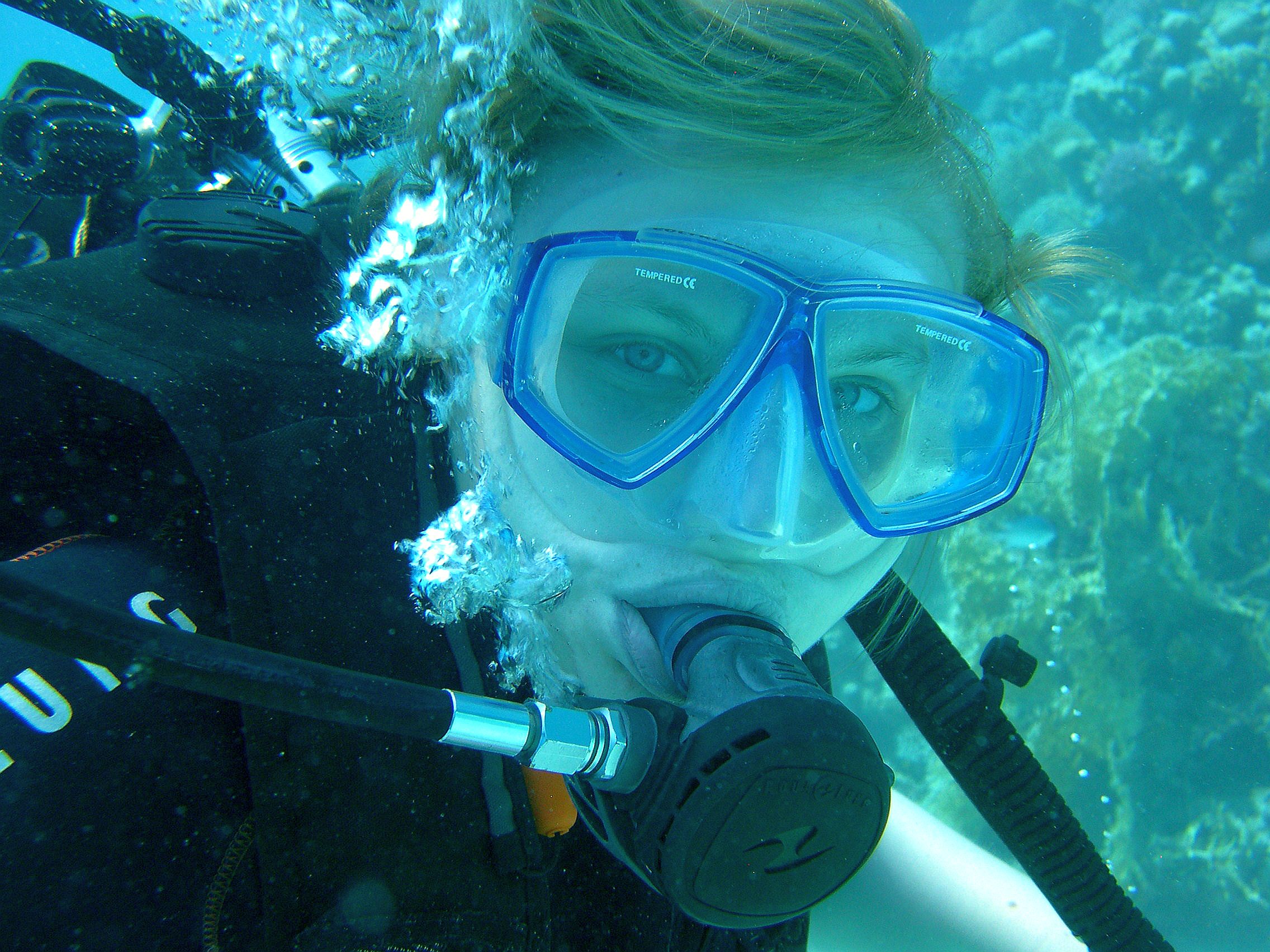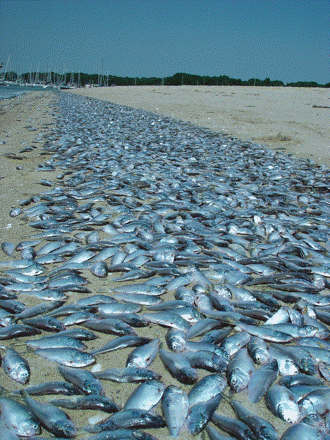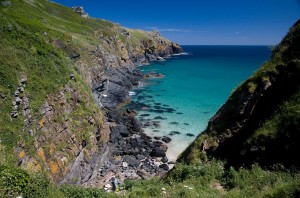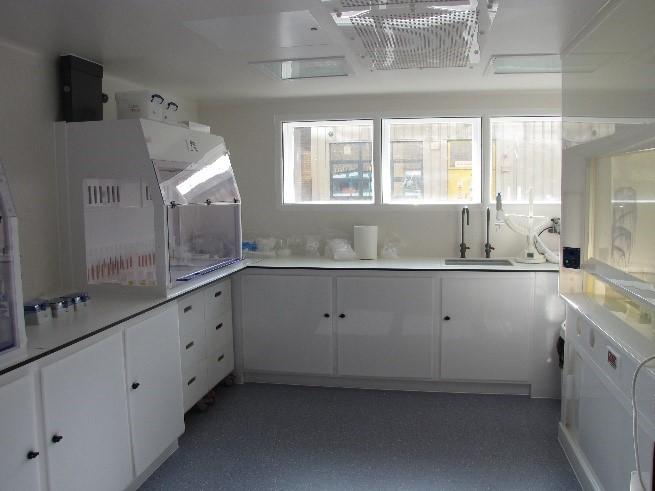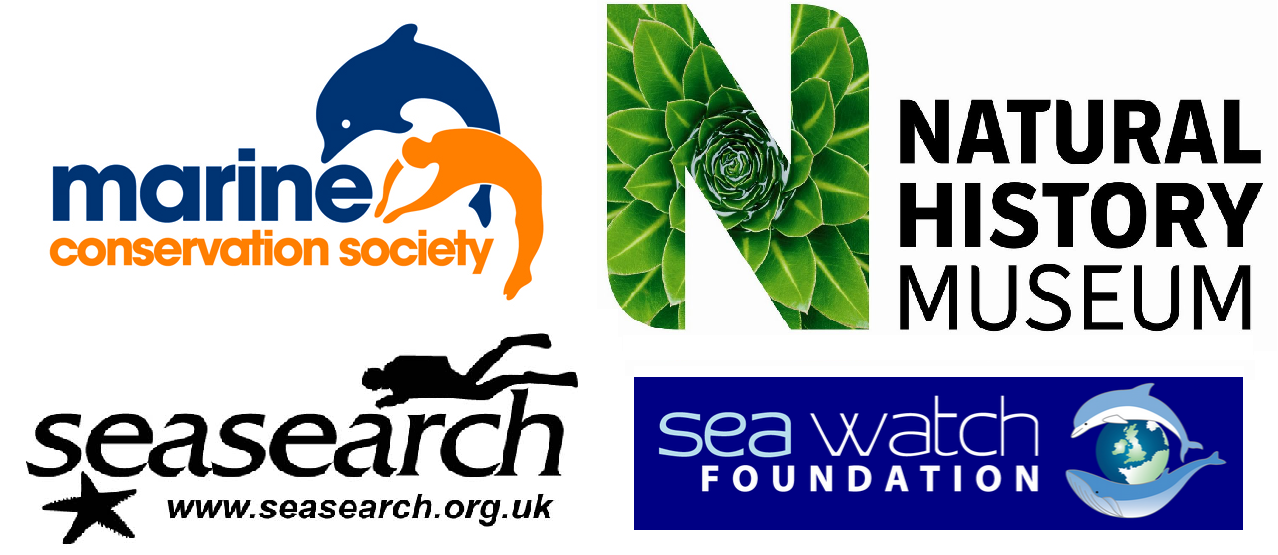
How can I get involved?
As we come to the end of the MOOC, perhaps you are wondering how you can help to protect our seas and get involved with ocean science. First and foremost, take a few simple steps to minimise the effect YOU have on the oceans – there’s a great list of simple things you can do (and avoid doing!) here:
http://www.wildlifetrusts.
Continue reading →

